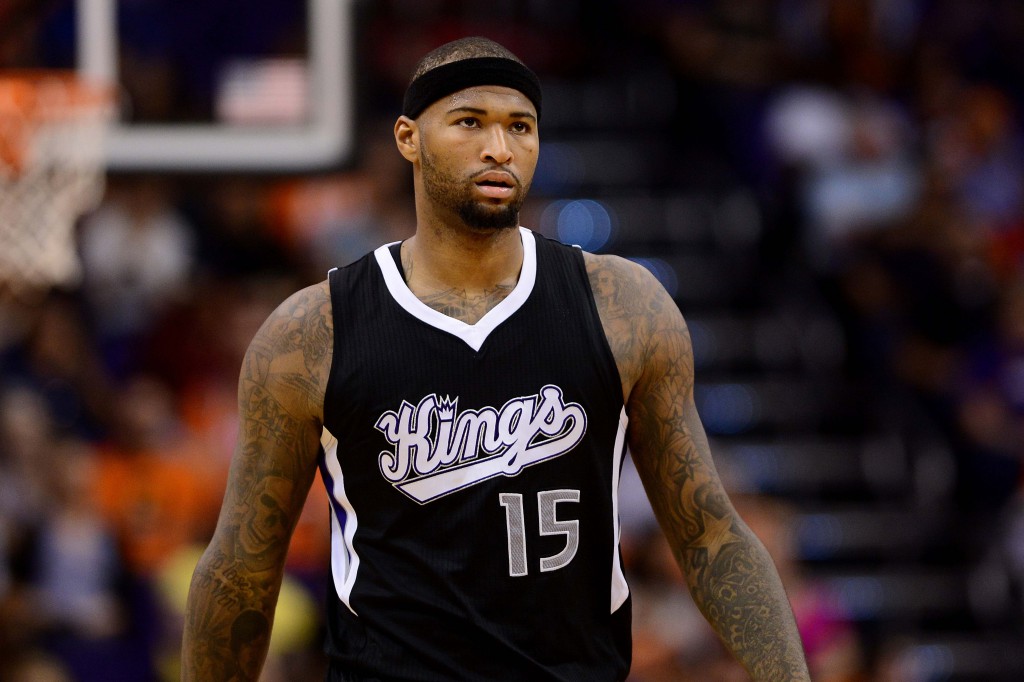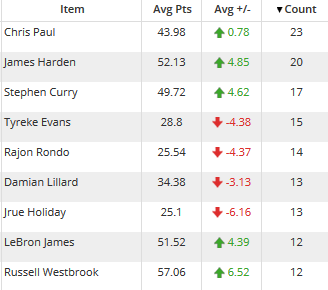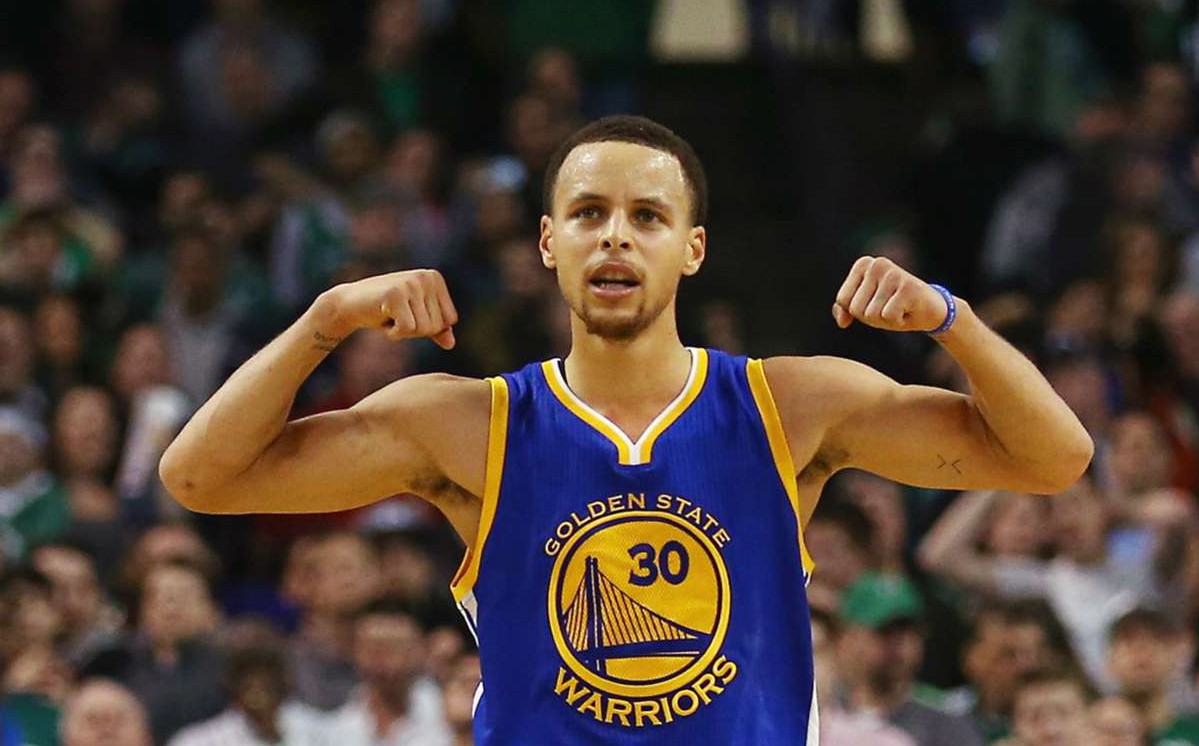In a recent article, Bryan took a look at how fantasy production is affected when teams play against the fastest and slowest paced teams in the league. I thought it might be helpful to go one step further and look at what types of players perform well in faster paced game. For the following trends, I’ll be using these parameters:
Faster Pace: “The team’s paceD is 5 or above”
Slower Pace: “The team’s paceD is -5 or less”
It’s kind of hard to weigh the different stats evenly, so what I’m going to try to do is get a sample of around 250 hits from the 2014-2015 season in each category. First, we’ll look at shooters. When I sort for players who averaged 12 or more field goal attempts per game, here’s what happened:
|
Slow Pace |
-0.13 |
|
Fast Pace |
+0.72 |
So there’s a pretty strong correlation and honestly, that’s not too surprising. While some of the other DFS sites do penalize for missed shots, neither FanDuel nor DraftKings do. So on these sites, more possessions equals more shots, which most of the time is going to lead to more raw points for scorers.
If we look specifically at three-point shooters, the gap widens a little bit:
|
Slow Pace |
+0.06 |
|
Fast Pace |
+1.52 |
In the rebounding category, the results were even more extreme. For players who’ve averaged eight or more rebounds per game, there was over a 2.5 point difference between the two groups:
|
Slow Pace |
-0.50 |
|
Fast Pace |
+2.06 |
A quicker pace means more shots, but it doesn’t necessarily mean more GOOD shots. Picking top rebounders against teams that like to push the tempo seems like a very sound strategy.
In the assists category, we finally have a surprising result:
|
Slow Pace |
+0.28 |
|
Fast Pace |
+0.22 |
By no means are the results saying that you should avoid playmakers in up-tempo games, but it doesn’t seem to be as advantageous as some of the other groups. Looking at the results on an individual player level, we can see that those who average six or more assists but also average a lot of points do fine. Those whose value depends more so on peripheral stats didn’t benefit as much:
So putting it all together, what is the MOST optimal play in up-tempo games? Based on the earlier results, we’d expect players who are good scorers and rebounders to fare the best. Players who were averaging a double-double entering the game have done very well in this category:
There are a couple of names in particular you may want to file away for their next matchup against the Celtics, Nuggets, Suns, Warriors, or Rockets:








